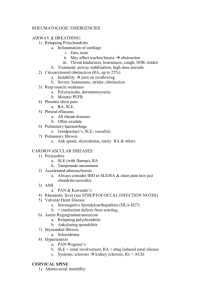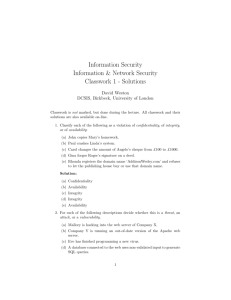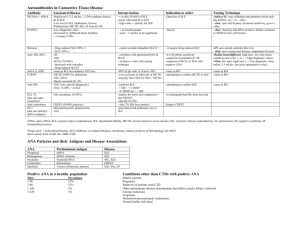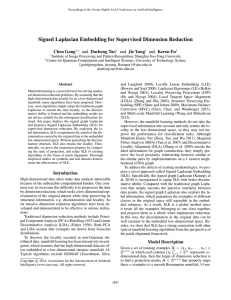St. Louis Encephalitis Information Sheet What is St. Louis Encephalitis (SLE)?
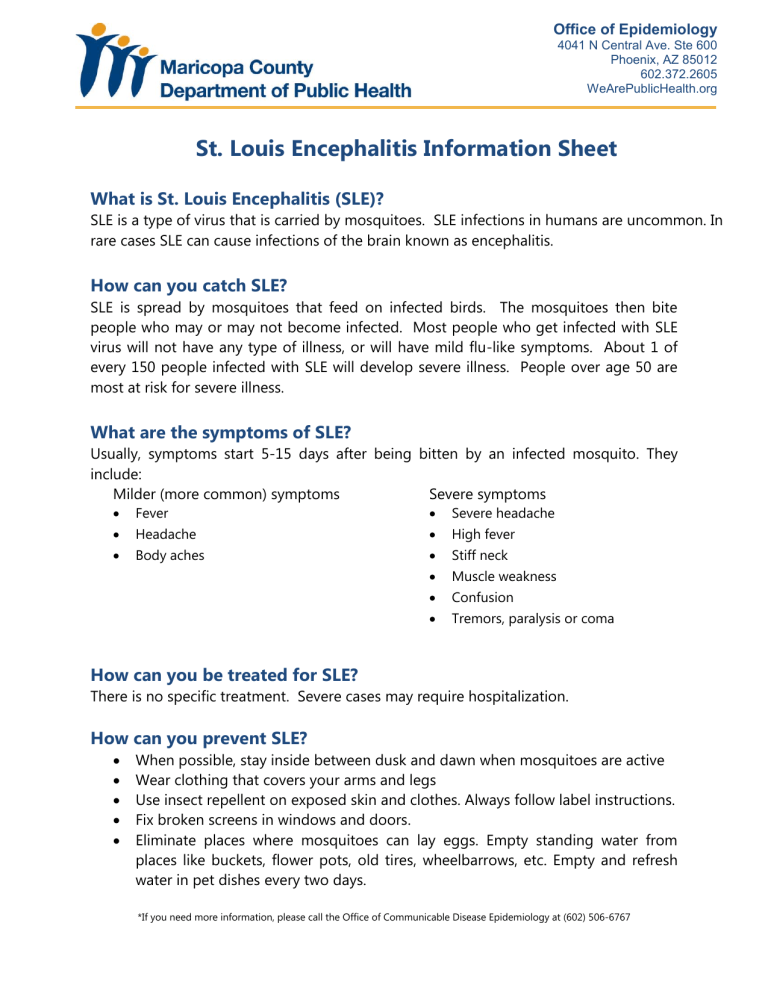
Office of Epidemiology
4041 N Central Ave. Ste 600
Phoenix, AZ 85012
602.372.2605
WeArePublicHealth.org
St. Louis Encephalitis Information Sheet
What is St. Louis Encephalitis (SLE)?
SLE is a type of virus that is carried by mosquitoes. SLE infections in humans are uncommon. In rare cases SLE can cause infections of the brain known as encephalitis.
How can you catch SLE?
SLE is spread by mosquitoes that feed on infected birds. The mosquitoes then bite people who may or may not become infected. Most people who get infected with SLE virus will not have any type of illness, or will have mild flu-like symptoms. About 1 of every 150 people infected with SLE will develop severe illness. People over age 50 are most at risk for severe illness.
What are the symptoms of SLE?
Usually, symptoms start 5-15 days after being bitten by an infected mosquito. They include:
Milder (more common) symptoms
Fever
Severe symptoms
Severe headache
Headache
Body aches
High fever
Stiff neck
Muscle weakness
Confusion
Tremors, paralysis or coma
How can you be treated for SLE?
There is no specific treatment. Severe cases may require hospitalization.
How can you prevent SLE?
When possible, stay inside between dusk and dawn when mosquitoes are active
Wear clothing that covers your arms and legs
Use insect repellent on exposed skin and clothes. Always follow label instructions.
Fix broken screens in windows and doors.
Eliminate places where mosquitoes can lay eggs. Empty standing water from places like buckets, flower pots, old tires, wheelbarrows, etc. Empty and refresh water in pet dishes every two days.
*If you need more information, please call the Office of Communicable Disease Epidemiology at (602) 506-6767



